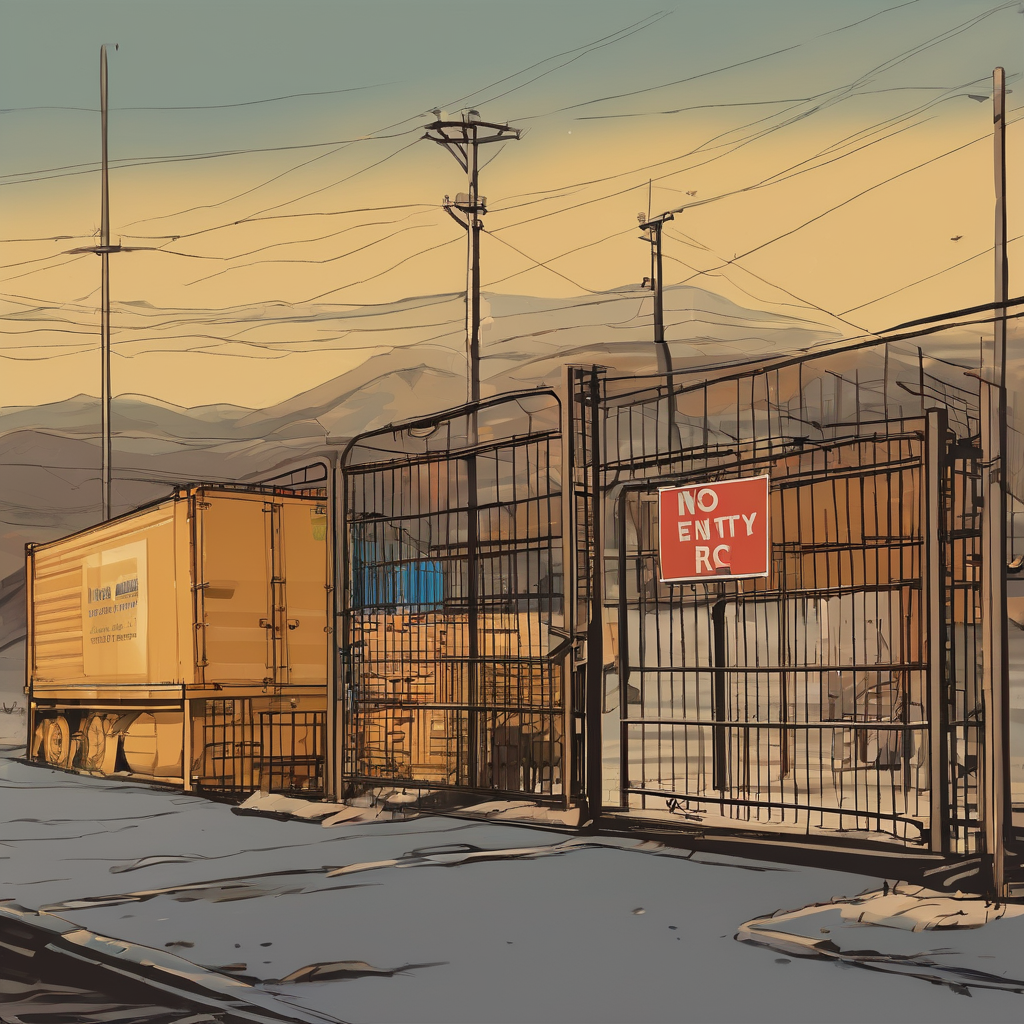Israel has intensified restrictions on humanitarian aid entering Gaza, keeping the border closed amid rising tensions and new hostilities reported from Hamas. On Tuesday, Israel notified the United Nations that only 300 aid trucks would be allowed into Gaza, significantly less than the previously agreed daily amount. Additionally, shipments of fuel and gas are to be confined solely to essential humanitarian needs.
This escalated control comes as Hamas militants have reinforced their presence in Gaza City. Disturbing videos surfaced showing Hamas executing seven men in a public square, raising serious concerns over human rights violations and the deteriorating security landscape in the region. This violent act highlights Hamas’s growing strength, particularly after Israeli troops partially withdrew from urban zones last week.
The context of these developments includes an ongoing military operation by Israel aimed at dismantling Hamas, following the group’s attacks on October 7 that led to numerous Israeli casualties and kidnappings. Consequently, the humanitarian crisis in Gaza has deepened, with the United Nations indicating that many residents are suffering severe shortages of food and basic supplies. Since the increased violence began, reports suggest that over 50,000 Palestinians have lost their lives.
International responses have varied, with urgent calls for immediate humanitarian aid and for Israel to reassess its aid distribution strategies. The United States has expressed a desire for a resolution that balances military goals with the pressing need for humanitarian assistance, although meaningful progress seems distant amidst ongoing violence and a complicated political environment.
Despite these challenging circumstances, there remains a hopeful sentiment that persistent international diplomatic endeavors could lead to a ceasefire that respects the humanitarian needs of those affected by the conflict. Continued advocacy for humanitarian relief is crucial, underscoring the urgent necessity for peace to restore stability to the region.
